Smart Manufacturing.
The impact of disruptive technologies on the manufacturing processes, enterprise value chain and supply chain is tremendous and is changing the traditional business models. The new era of smart manufacturing is helping original equipment manufacturers to improve productivity, quality, achieve
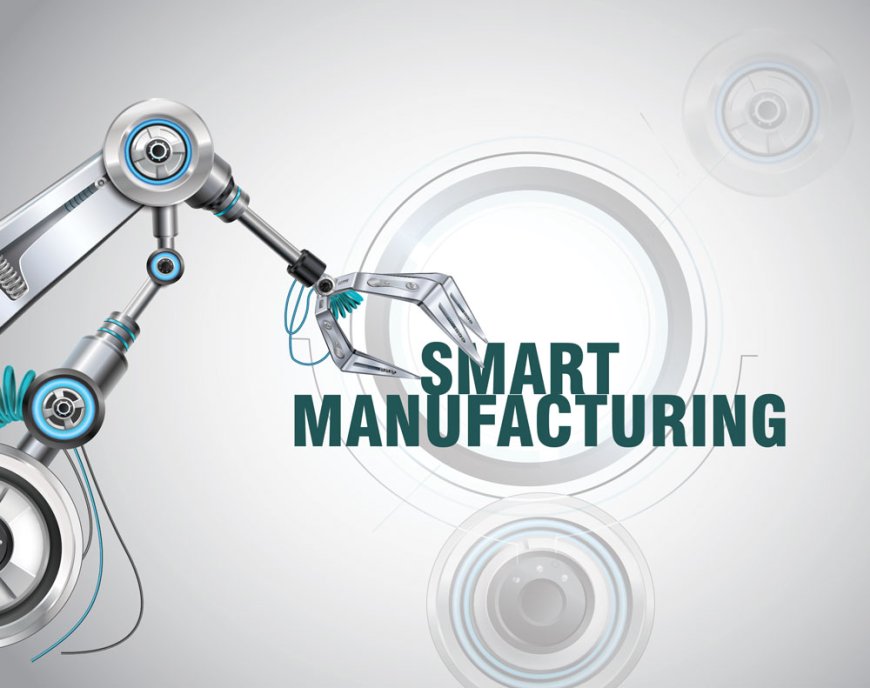
The impact of disruptive technologies on the manufacturing processes, enterprise value chain and supply chain is tremendous and is changing the traditional business models.
The new era of smart manufacturing is helping original equipment manufacturers to improve productivity, quality, achieve mass customization without sacrificing quality, cost and speed. Manufacturing units generate and process enormous volumes of data. By systematically analyzing and networking this large volume of data, manufacturers can improve production efficiency and productivity.
The impact of disruptive technologies on the manufacturing processes, enterprise value chain and supply chain is tremendous and is changing the traditional business models. Digitalization and automation of manufacturing process and supply chain allows seamless connectivity between shop floor and business systems, and the collected and analyzed data can be effectively used to make better business decisions. As the use of technology is continuously growing and its benefits in business will also continue to strengthen organizations. An end-to-end visibility will help factories track the manufacturing processes right from raw material to manufactured equipment. This also enables them to provide enhanced after sales service.
World over the Industry 4.0 concept, a disruptive technology based on digital innovations has recently found its curve of progression and has transformed and reshaped the way things are viewed in the manufacturing segment. The industry 4.0 vision stretches beyond technologies and looks at the end-to-end chain, including, for instance, warehousing, logistics, recycling, energy, workers, and security and transportation. It is not only a topic for large-scale industry but must also be feasible for small and medium sized companies as well. By using Industry 4.0 technologies, companies can rise to the global challenges of increasing customer requirements and volatile market developments. When product s processes are interconnected, and data is available in real time and is transparent, the foundation for decentralized production control laid. This allows greater flexibility in production and thus increases competitiveness.
India has a huge opportunity to innovatively pave its own road to ‘smart manufacturing’. Industry 4.0 is expected to transform manufacturing in India by bringing operational efficiencies to manufacturing industries like automotive, electrical and electronics aerospace. The major area of focus shall be technological advancement across various industries IIOT, 3D printing, 3D sensors, social software, AR and VR, have already ushered the era of smart production.
“Currently, industry 4.0 is bringing a revolution in the country. Industry 4.0 will simplify the day to day work. According to a report by Mckinsey, by harnessing industry 4.0 tools like IoT, AI and automation, processes will see 30 to 50% reduction in machine downtime; 15 – 30% improvement in labour productivity; 10 to 30% increase in throughput; and 10 to 20% decrease in the cost of quality. Industry 4.0 will enable us to decrease dependency on labour and create smart and intuitive products for the future with higher efficiency and productivity and low downtime,” says Sandeep Mathur –BrandLeader, CASE India.
“At CASE, our plant has recently been certified Bronze Level in the World Class Manufacturing (WCM) program. WCM is one of the global manufacturing industry’s highest standards for the integrated management of manufacturing plants and processes. And we are currently aiming for a silver level certification,” Mathur adds.
Both 3D printing and augmented reality have huge potential in the construction industry. Says Safar Mohammad Khan, Deputy General Manager – HDD, Apollo Techno Industries, “Our manufacturing unit has been undergoing through a radical transformation beginning from the shop floor to the finished product even upto the remote site where machine has been deployed for working. We are trying to make everything on the IoT and other technological advancement which will happen shortly in all our manufacturing capability. We use 3D printing to design new models of HDD machines as we are continuously developing and designing some more rigs upto 500 ton in near future. Same has been applied for the design of drill pipes and other HDD equipment like rock cutting tools. This makes all our job easier, faster and more accurate.”
“Augmented reality has been used by us for the design and shape of our Mandali new HDD plant. (Plant – 2) where digital planning data was overlaid on the computer screen and planned accordingly in a scientific manner. We are working on embedded systems especially in engines and joy-stick controls even to hydraulics, – a combination of a processor, a computer memory and input / output peripheral devices which enable a dedicated function within a large mechanical or electrical systems controlled by sensors. We are in position to replace mechanical engines, manual control systems into electronic engines and joy-stick control in all machines in near future. We will be implementing internet controlled machines (IoT) by mid of 21-22 in all our models,” Khan adds.
“The information and communications technology is leading to disruptive approaches to development, production and entire logistics chain. The main challenge is to redefine our production process to make it more customer-specific. We need to deliver ‘smart’ products through ‘smart’ systems. We need to own up the entire product life cycle. It is very important to go digital as this is the only way to keep up with the pace of the world. Organizations have to undergo this transformation in order to compete in the business environment and we are no different. We have rolled up our sleeves and are working towards making the best use of new technologies in our production process. We have realized that incorporating IoT has helped in cost optimization and has improved productivity. The use of IoT has led to the use of artificial intelligence which is beneficial,” says V Senthilkumar, Managing director, Propel Industries.
Highlighting the importance of adopting such technologies at faster pace P Ramesh, Managing Director and CEO, Wirtgen India states, “Construction is one of fast-growing industries around the globe. This has led to automation and machine control technologies to grow rapidly. Developed countries are already enjoying the benefits such as higher productivity, controlled costs, perfect predictability, efficiency, quality, safety etc. from a range of new control technologies and digitalization. In addition, this helps to the keep projects on track and complete them in time with higher quality. Conversely, in India, construction is one of the least digitized industries compared to western world. However, now things are changing as equipment manufacturers are offering advanced functionalities such as GPS, data collection, condition monitoring, secure remote maintenance, connectivity options and much more. With this, the barriers for adopting new technologies are falling; however, it would take some time to reach automation levels deployed in the western world. Programs like value engineering from MORTH have already paved the road for adoption of new technologies.”
The manufacturing industry is fully aware that digitalization holds great promise, yet it is not an off-the-shelf solution. Any sort of transformation is as much about the people implementing it as it is about the technology. With digital skills a scarce resource, manufacturers need to be investing now to ensure that they are building a workforce of the future. Further 5G will deliver huge improvements in download speeds, and the ability to remotely control a vast array of devices. For manufacturers looking to fully invest in IoT this will be a huge game changer, giving them true real-time control and insight which will result in being able to make faster, more impactful decisions. Boosted by the 5G connectivity and advances in sensor technology, the manufacturing industry will see more IoT devices than ever before to drive forward the transformation.
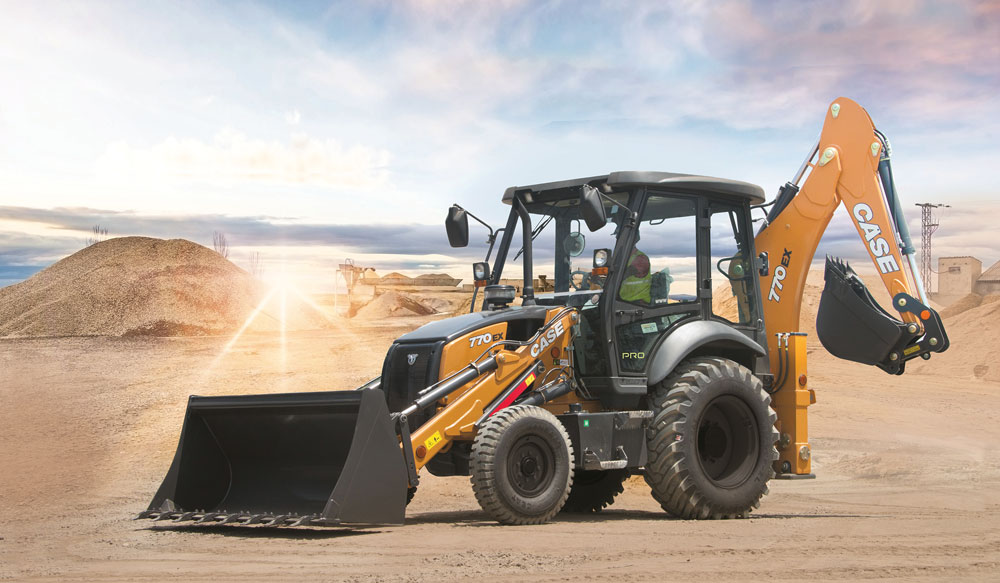
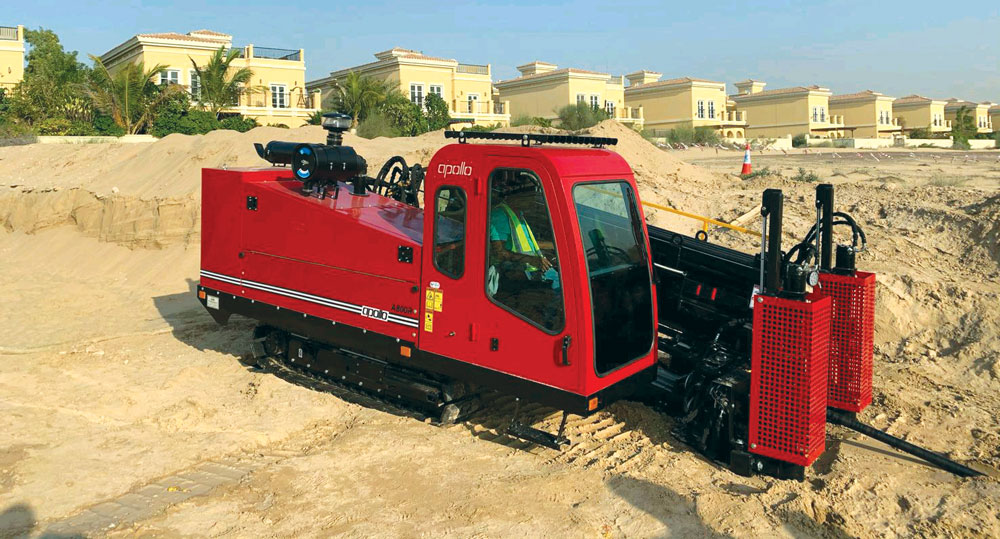
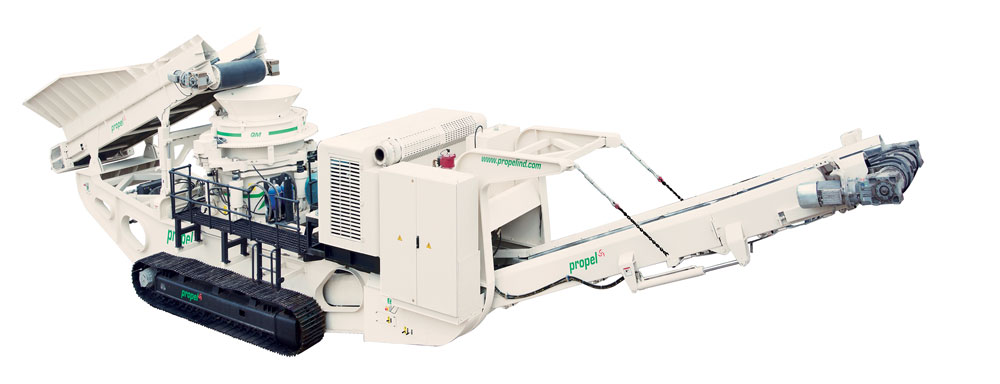
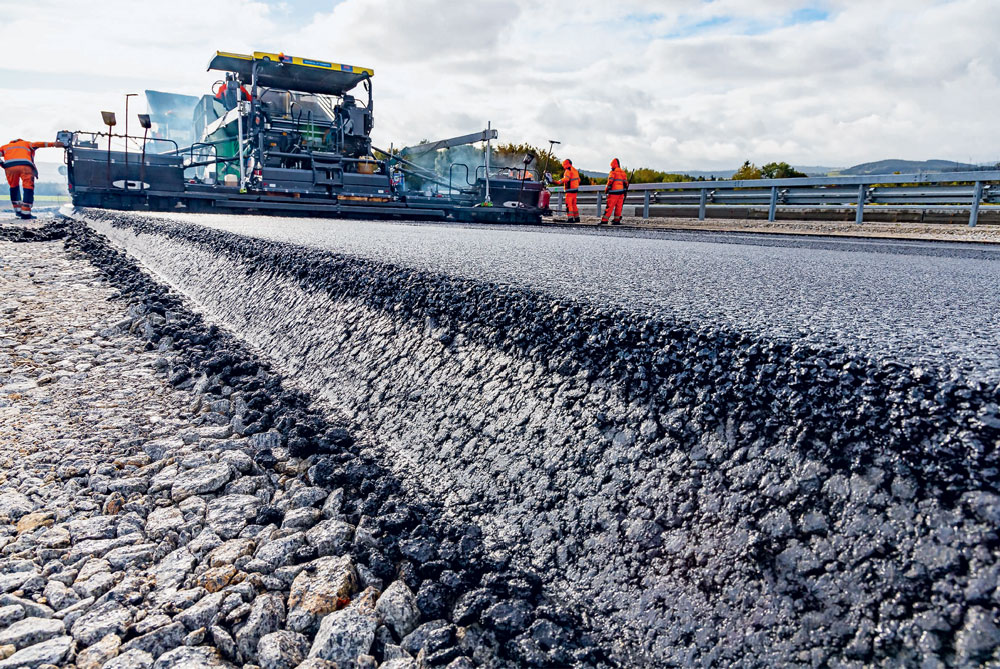
Hits: 498








